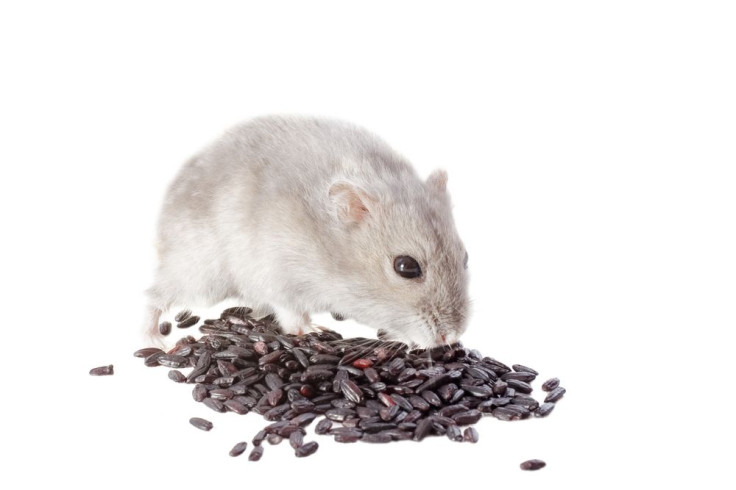EPA Stops Popular Rat Poison Manufacturer

Having a rodent problem is one thing, but having an unsafe poison around children, pets, and wildlife is a completely different type of danger altogether. After years battling with the Environmental Protection Agency (EPA), the major rat poison manufacturer, Reckitt Benckiser has agreed to phase d-Con out of production next month.
"This is a significant victory for environmental protection and corporate responsibility," Jonathan Evans of the Center for Biological Diversity in San Francisco told LA Times. "While the fight isn't over until all of these hazardous products are off the market, this decision keeps the worst of the worst products from residential consumers."
The U.K.-based manufacturer is one of 17 rat poison producers, however Reckitt Benckiser is the only one that did not alter its packaging and chemicals to comply with the new federal safety standards. Their poison has the power to kill rodents within days of a single feeding by thinning out their blood and causing uncontrollable bleeding.
"Millions of households use mouse and rat poison products each year. Canceling these products will help prevent risks to children, pets and wildlife," Jim Jones, assistant administrator of the EPA told the Wall Street Journal.
On Friday the company made the official announcement to stop making the bait pellets by the end of this year and reintroduce a new formula in 2015 that has to pass approval by the EPA for household use. The d-Con manufacturer originally resisted compliance because they felt their formula was the least harmful and yielded the best results and that other poisons were less effective at killing mice and rats.
"California is a huge market," Greg Loarie, an attorney with Earthjustice, a public interest environmental law firm in San Francisco told the Wall Street Journal. With the July 1 deadline looming, he added, "I suspect [Reckitt Benckiser] took a look around and saw the writing on the wall."
D-Con pellets are usually placed in open trays to attract the rodents, which make it more accessible to non-intended parties. D-Con pellets have been involved in many thousands of unintentional digestions by babies and young children over the years. Its success can be attributed to its active ingredient brodifacoum, a relative of warfarin, which causes fatal hemorrhaging ad is still used to prevent blood clots today.
Brodifacoum doesn’t cause immediate death, which is why mice and rats aren’t able to identify the bait traps as a danger and as a result, the rodents keep going back for more.
Vitamin K can be used to treat certain cases of accidental ingestions fairly easily when administered by a doctor. Vitamin K is considered an antidote to poisons like d-Con that are anti-coagulants, said David Gummin, medical director of the Wisconsin Poison Center in Milwaukee.
D-Con said its 2015 formula "will continue to utilize effective ingredients for which an antidote is readily available and which do not contain a neurotoxin" and the baits will be approved for consumer use in every state.



























